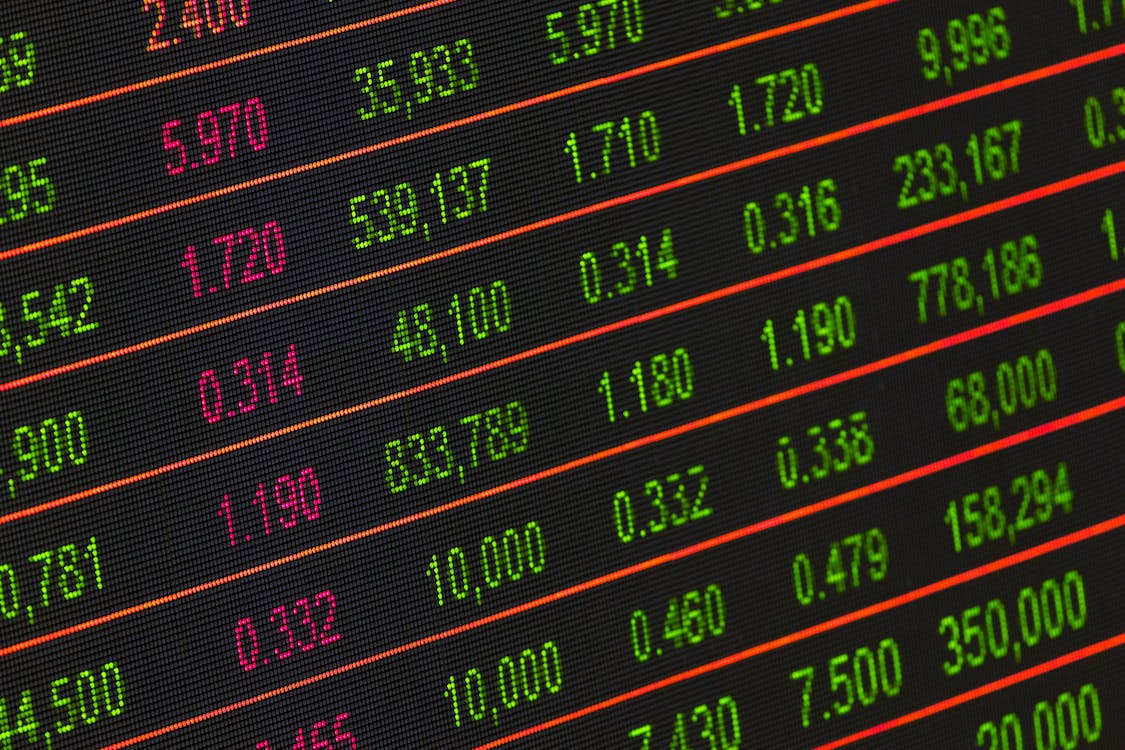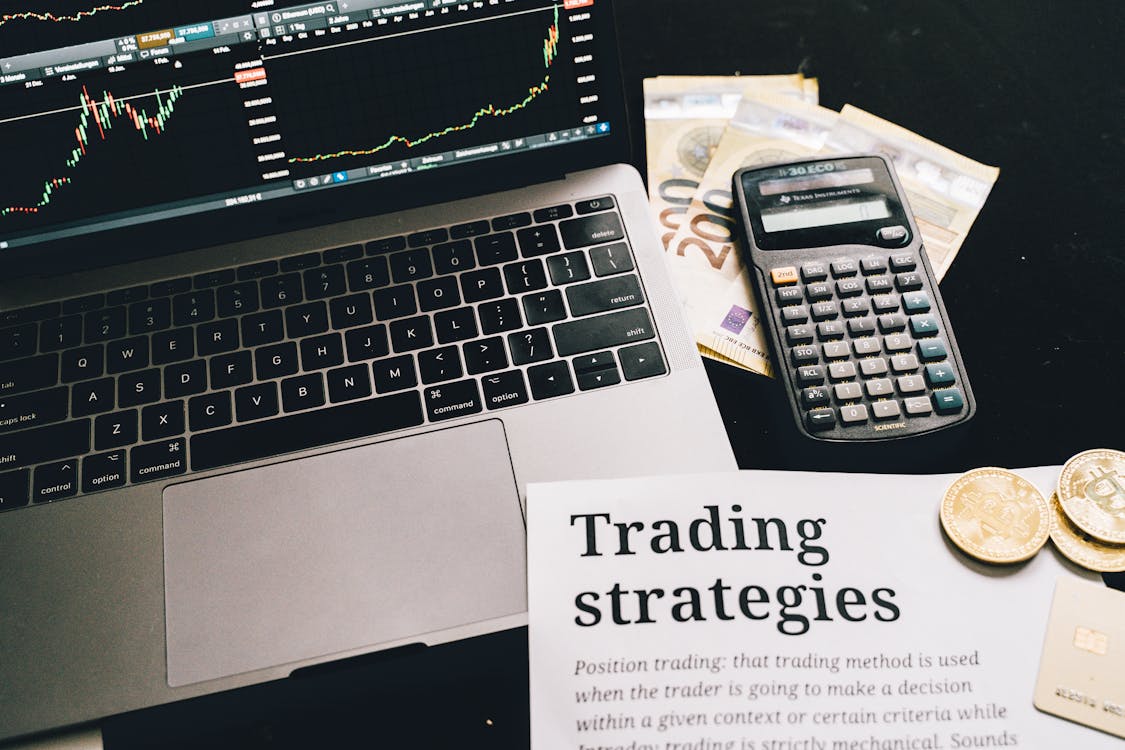Is Algorithmic Trading Good Or Bad?
Author: ChatGPT
February 28, 2023
Introduction
Algorithmic trading, also known as automated trading, is a form of trading that uses computer algorithms to execute trades. It has become increasingly popular in recent years due to its ability to quickly and accurately execute trades based on predetermined criteria. But is algorithmic trading good or bad? In this blog post, we'll explore the pros and cons of algorithmic trading and discuss whether it's a good or bad investment strategy.
The Pros of Algorithmic Trading
The primary benefit of algorithmic trading is its speed and accuracy. By using computer algorithms, traders can quickly and accurately execute trades based on predetermined criteria. This eliminates the need for manual intervention, which can be time-consuming and prone to human error. Additionally, algorithmic trading can help traders identify profitable opportunities in the market more quickly than manual methods.
Another advantage of algorithmic trading is that it can help reduce transaction costs. By using computer algorithms to execute trades, traders can avoid paying high commissions or fees associated with manual methods. Additionally, algorithmic trading can help reduce slippage costs by executing orders at the best available price in the market.
Finally, algorithmic trading can help traders manage risk more effectively by allowing them to set predetermined risk parameters for each trade they make. This helps ensure that traders don't take on too much risk at any given time and helps them stay within their desired risk profile.

The Cons of Algorithmic Trading
Despite its many advantages, there are some drawbacks associated with algorithmic trading as well. One of the primary drawbacks is that it requires a significant amount of capital to get started. Since most algorithms require large amounts of data in order to be effective, traders must have enough capital to purchase large amounts of data in order to get started with algorithmic trading. Additionally, since most algorithms are complex and require significant programming knowledge, traders must have a strong understanding of programming languages such as Python or R in order to create their own algorithms or use existing ones effectively.
Another potential drawback is that algorithmic trading may not be suitable for all types of markets or strategies. For example, some markets may be too volatile for certain types of algorithms or strategies may not work well with certain types of data sets. Additionally, since most algorithms rely on historical data sets for their calculations, they may not be able to accurately predict future market movements if conditions change significantly from what was used in the past data set used for calculations.
Finally, there is also the potential for errors when using automated systems due to bugs in the code or incorrect parameters being set by the trader when creating an algorithm. This could lead to losses if not properly monitored and managed by experienced traders who understand how these systems work and how they should be used correctly in order to maximize profits while minimizing risks associated with them.

Conclusion: Is Algorithmic Trading Good or Bad?
Ultimately, whether algorithmic trading is good or bad depends on your individual goals as a trader and your level of experience with these types of systems. For experienced traders who understand how these systems work and have enough capital available to purchase large amounts of data sets needed for effective algorithm creation/execution, then it could potentially be a very profitable investment strategy if used correctly and managed properly over time. However, if you are new to this type of investing then it may not be suitable due to its complexity and potential risks associated with incorrect usage/parameter setting/buggy code etc., so it's important that you do your research before getting started with this type of investing strategy so you know what you're getting into before taking any risks with your money!


How Long Does It Take To Sell Stock And Get Money?
Discover the answer to one of the most frequently asked questions in the world of finance - learn how long it takes to sell stock and receive your earnings.

What Are High Dividend Stocks?
Discover how investing in high dividend stocks can potentially provide a steady income stream and increase your long-term returns in the stock market.

Are Data Science And Machine Learning The Same?
Data science is a field of study that focuses on extracting insights from large amounts of data. It involves using various techniques such as machine learning, natural language processing, statistics, and data mining to analyze data sets and uncover patterns or trends.

Are Remarkable Tablets Worth It?
Are you looking for a device that can replace your notebooks and printed documents? If so, you may have heard of the reMarkable 2 tablet.
